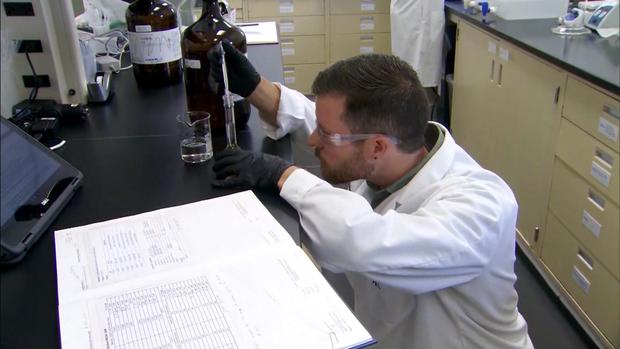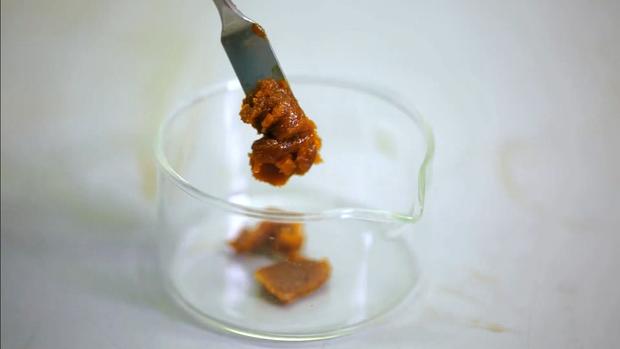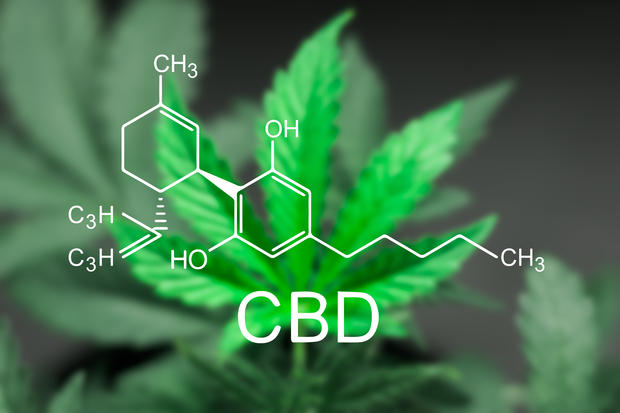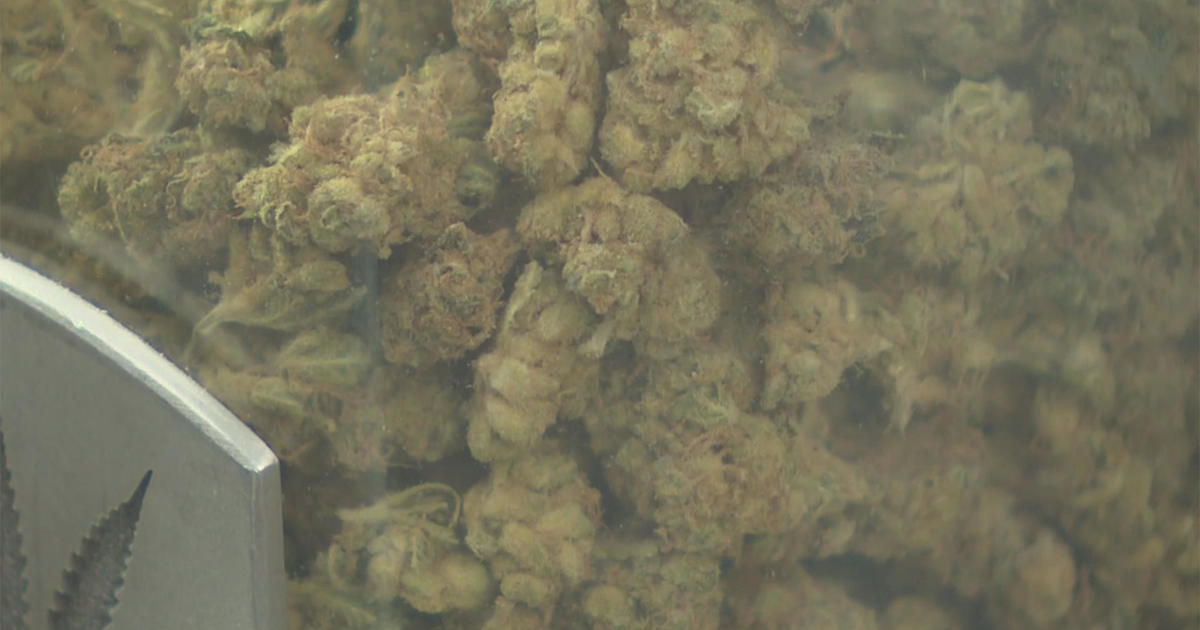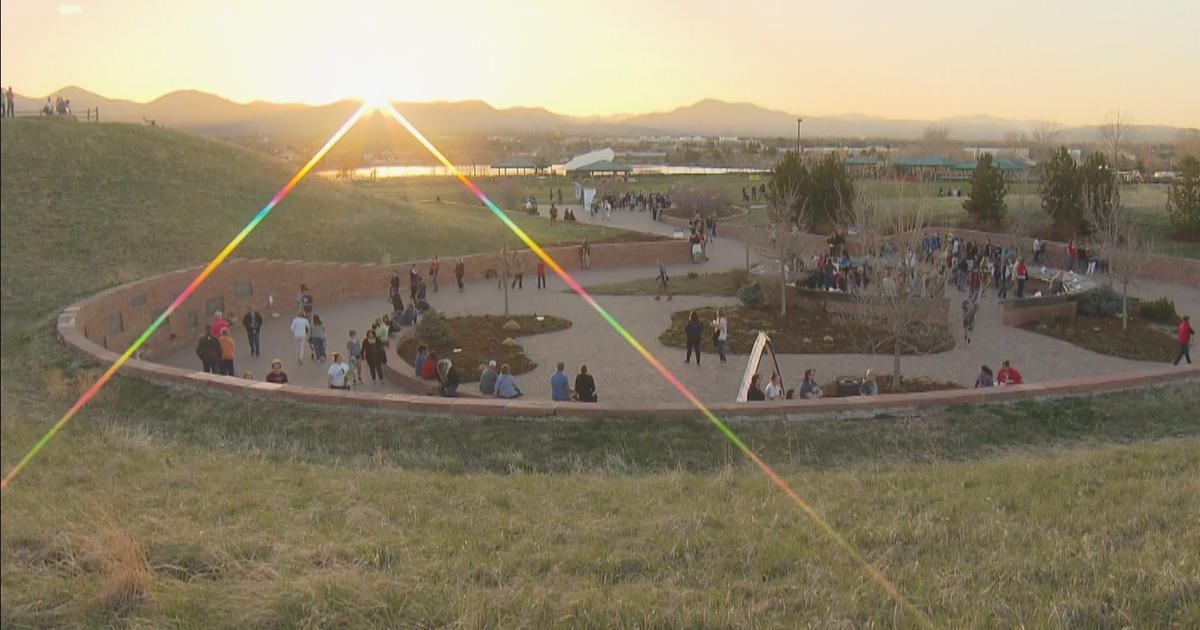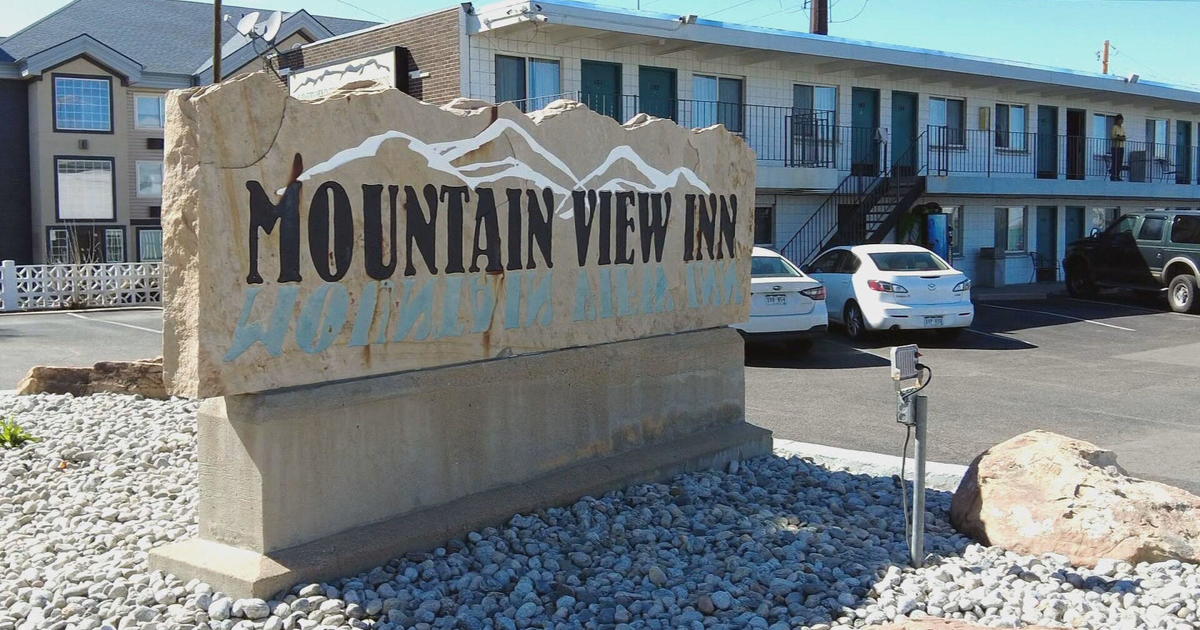What's In Your CBD? Study Finds Many Product Labels Are Inaccurate
BROOMFIELD, Colo. (CBS4) -- They are shiny rooms with slick walls and incredibly refreshing, filtered air. It's a clean room at Mile High Labs. Pristine conditions for creating drugs, which is what Novartis subsidiary Sandoz used to do here.
"In this room here is where mix and bulk the tinctures that later get filled into bottles," explains Stephen Mueller, CEO of Mile High Labs. Sandoz cleared out of the plant earlier this year, opening the door for the expanding Mile High Labs to acquire it. The company is in the multi-billion dollar CBD industry, which is growing as quickly as a weed. It's also growing without a lot of regulation or oversight.
"Consumers sort of expect that you walk into the store and everything on the shelf is what it claims to be and you sort of trust the products that are there," says Mueller.
In America, though generations of government involvement, there is a reasonable degree or certainty that what's listed on the label on our foods and vitamins and the products we use to treat our aches and pains. That's what the makers of CBD are claiming, but right now not much of anyone is watching.
Mile High Labs also does testing. CBS News brought Mile High Labs nine samples to test, obtained from outlets on the Atlantic Coast. The good news was, Mile High Labs found no pesticides or heavy metals above federal standards.
RELATED: Buyer Beware: CBD Products Get A Test At Mile High Labs
However, out of the nine samples tested, only four had an accurate representation of the amount of cannabidiol in the product on the label. Two of them shortchanged people with only 60-80 percent of the indicated dosage. Three of the samples had more than listed. One of them, claimed 500 milligrams and tested at 1050.
"This is the most expensive ingredient in the product," Mueller indicated with a hint of amusement. "And this company's putting two times the amount that they have on the label. There's no way they're doing that on purpose, that would be a terrible business decision."
Yet, Mueller wasn't surprised.
"I don't know that they were intentionally mislabeled, but it is confusing when you look at the different products to try to understand what's really in there."
The plant used to produce CBD is virtually the same as marijuana -- just bred to have less THC.
The State of Colorado does look at growing operations.
"There's lots of testing requirements for marijuana products. Currently right now, none of those exist for hemp products," said Kara LaVaux, food safety and cannabis supervisor at Denver Department of Public Health and Environment.
The state's Department of Agriculture does require registration of hemp farms. It does inspections at the producer end to determine only the potency of THC to ensure the plants do not exceed .3 percent THC. If so, it's burned. Otherwise, companies refine and sell CBD without government oversight. If CBD is ingested, Denver does have a closer look says LaVaux.
"We do regulate that the same as any food product. But still there is no testing requirement for that. Whereas an ingestible marijuana product it has to be tested for potency and various contaminants."
"We want the government to step in and regulate how we make the products," says Adam Fossier, Denver district manager for Discover CBD, a producer and retailer with shops in Denver. The legitimate sellers are concerned about a big black eye in sub-grade CBD products that could result in a dramatic government pullback on permitting its sale.
"There are people making this stuff in their garages. So It's not clean, It's not consistent," says Fossier.
Mile High's Mueller said they "absolutely do," want regulations.
"The consumers don't have confidence and that holds the entire industry back," Mueller said.
"So we're all waiting to see what the FDA is going to do with hemp derived products," explains LaVaux. "They could regulate it as a supplement, as a drug, as a food, all three, so everyone's interested to see what's going to happen with that."
The State is talking about it. It has brought together stakeholders to look at gaps in regulation, but it's report is not completed. And no one seems to know, how, when or if, the FDA will make its move.
So for now, what's in your CBD, is mostly a matter of trust and hope.
